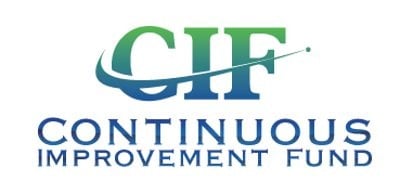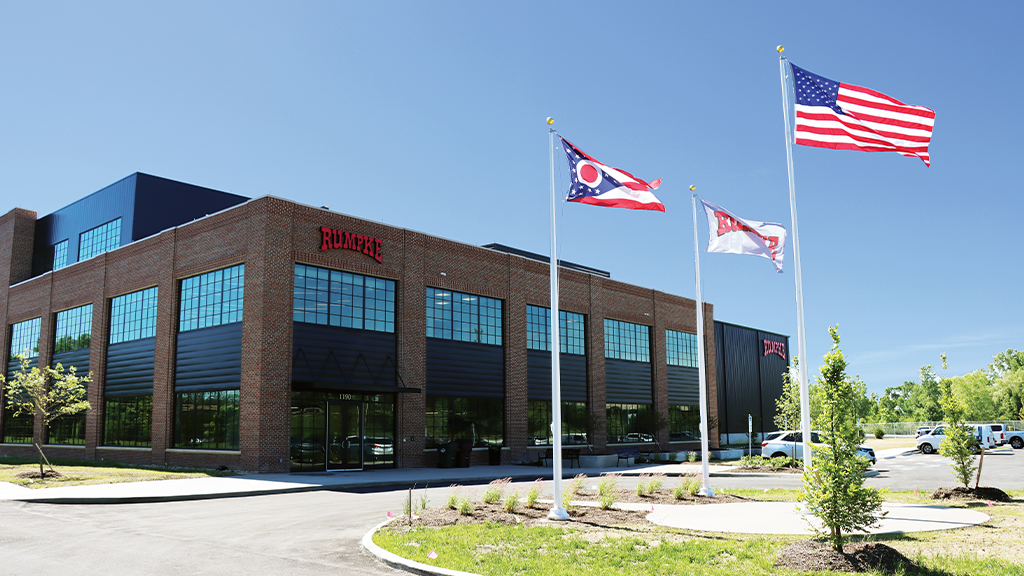Examining the pros and cons of outbound and inbound blue box processing compensation models

This article is from CIF Connections Blog, October 19, 2018.
The question of how to compensate a MRF service provider is one that was brought up recently in a CIF (Continuous Improvement Fund) blog. In these times of tightening market requirements, municipalities and service providers are rethinking compensation models. Payment against inbound vs outbound tonnage can both work but there are key items that need to be considered, which include the quality and composition of the inbound material and the term of the contract.
Compensation based on Marketed Tonnage is Sensitive to Markets and Material Quality Shifts
Compensation based on outbound, marketed tonnage places the onus on the contractor to maximize the capture of recyclables but also produce a marketable product. However, with this type of contract the contractor is fully exposed to risk and implications associated with an increase in contamination levels or change in the composition of the material. A long-term contract based on marketed tonnes may require the contractor to upgrade the facility at their cost in order to address these unpredictable variables. Not surprisingly, this scenario can lead bidders to increase their initial processing bids to mitigate the risk. It may also lead to mid-contract requests for additional compensation and disputes between the parties, particularly where the contract includes provisions that specify performance requirements such as material capture rates.
Compensation based on Inbound Tonnage Can Reduce the Contractor's Risk
Compensation based on inbound tonnage, on the other hand, may provide greater assurance to the service provider that they will be fairly compensated regardless of inbound quality and inability to market sorted materials in depressed market conditions. This ultimately lowers the service provider's risk and potentially reduce initial bid prices.
However, performance requirements such as capture rates become essential if compensation is based on inbound tonnage. Even with this approach, the contractor will still make assumptions about recovery and revenue so a dramatic change in material quality, composition or market conditions may force them to seek compensation. This risk increases with the length of the contract.
Time is the Enemy
Whether compensation is based on inbound or outbound tonnage, providing a contractor with a longer-term contract gives them the certainty necessary to make and amortize capital investments that ultimately benefit both parties. However, as noted, the risk of material changes to the inbound stream and markets increases with the term of the contract. To combat these risk factors, many municipalities are now considering placing greater assurances on inbound material mix and quality. They're doing this by providing prospective bidders with detailed material composition and compaction rate information through the procurement process and then committing to carrying out waste composition audits over the term of the contract. Ultimately, success is dependent upon:
- a mutual understanding of the audit methodology to be utilized to determine inbound quality;
- a well-defined process to determine what is considered contamination; and
- a clear process to address and for compensation for changes to the inbound PPP stream over the term of the contract.
This is echoed by Paulina Leung of Emterra Group who commented "as service providers we want recycling programs to succeed. Learning from the past and looking into the future, it is therefore important that service agreements provide equity for both parties, assign risk where appropriate, and create conditions for an adaptable and responsible program. We recommend that what this shift will look like be clearly spelled out in the RFP/contract."



